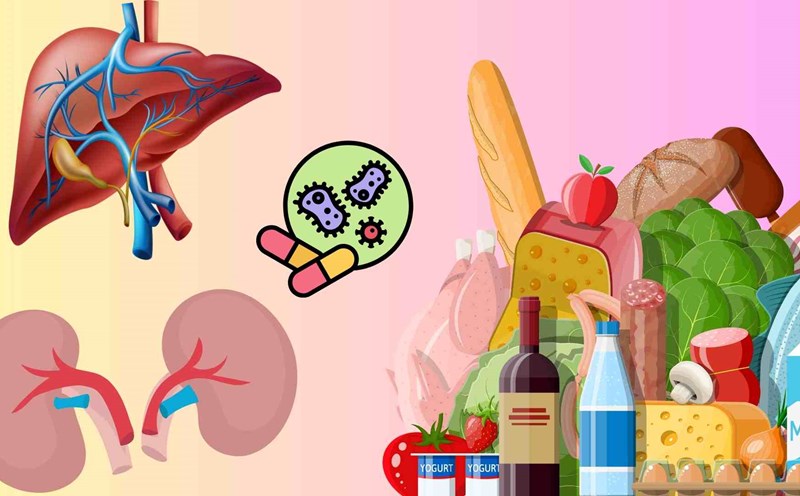1. Dairy products and foods rich in calcium
Foods such as milk, cheese, yogurt, avocado and calcium supplements can be linked to antibiotics (Tetracycline group, fluoroquinolone), reducing the absorption of drugs.
To limit unwanted side effects, take antibiotics at least 2-3 hours after meals containing milk or calcium.
2. Breakfast cereals
Using breakfast cereals can also cause similar interactions with antibiotics, making the drug less effective.
3. Caffeine and coffee
Some studies show that caffeine can make bacteria, especially E. coli, more resistant to drugs in the laboratory environment.
Although there is no clear evidence in humans, limiting coffee and caffeinated drinks during antibiotic use is still recommended.
4. Grapefruit and grapefruit juice
It can be said that this is a special fruit to avoid because it can change the way the body metabolizes drugs, thereby reducing the effectiveness or increasing the risk of side effects.
5. Alcohol
Alcohol can interact strongly with some antibiotics such as metronidazole, tinidazole, ... reducing the effectiveness of treatment or causing serious reactions.
For doxycycline, avoid alcohol during the medication period and continue to diet for about 3 days after completing the treatment.
6. Foods rich in fiber
Although good for digestion, eating a lot of fiber can slow down the absorption of drugs if eaten at the same time. Prioritize eating after completing antibiotics.











